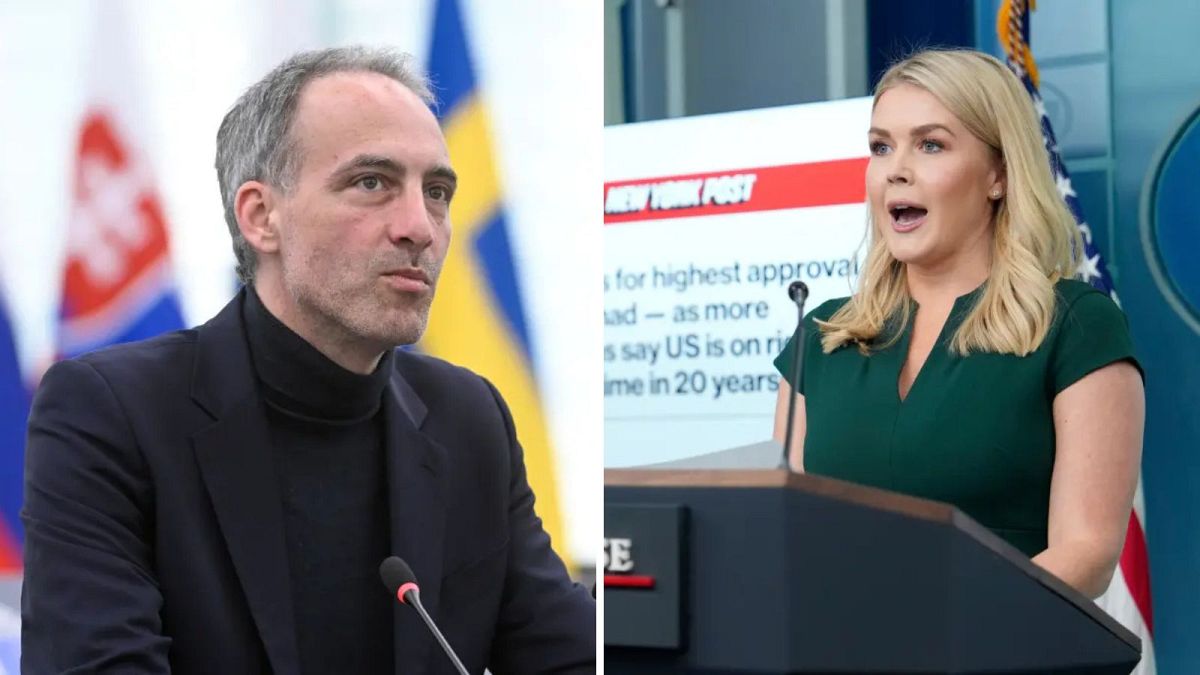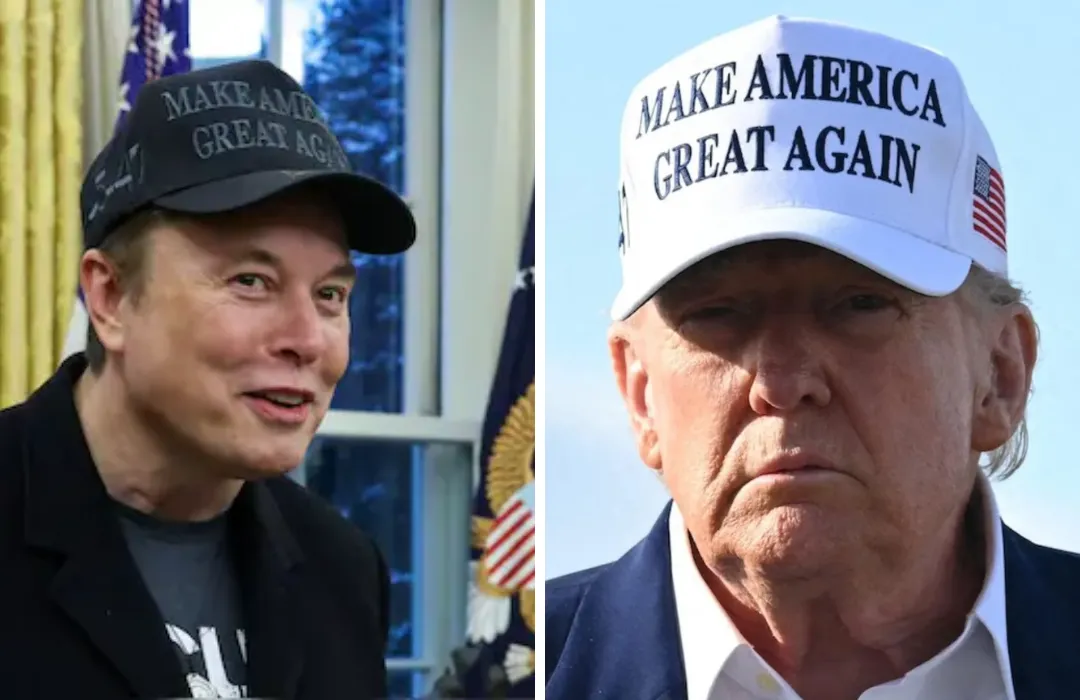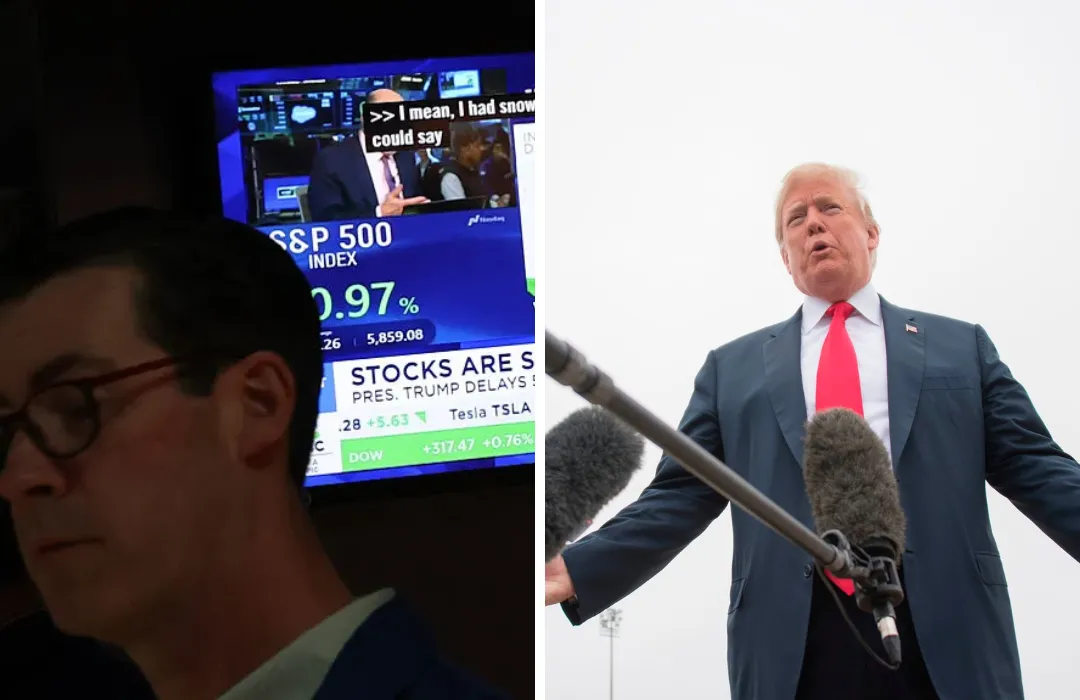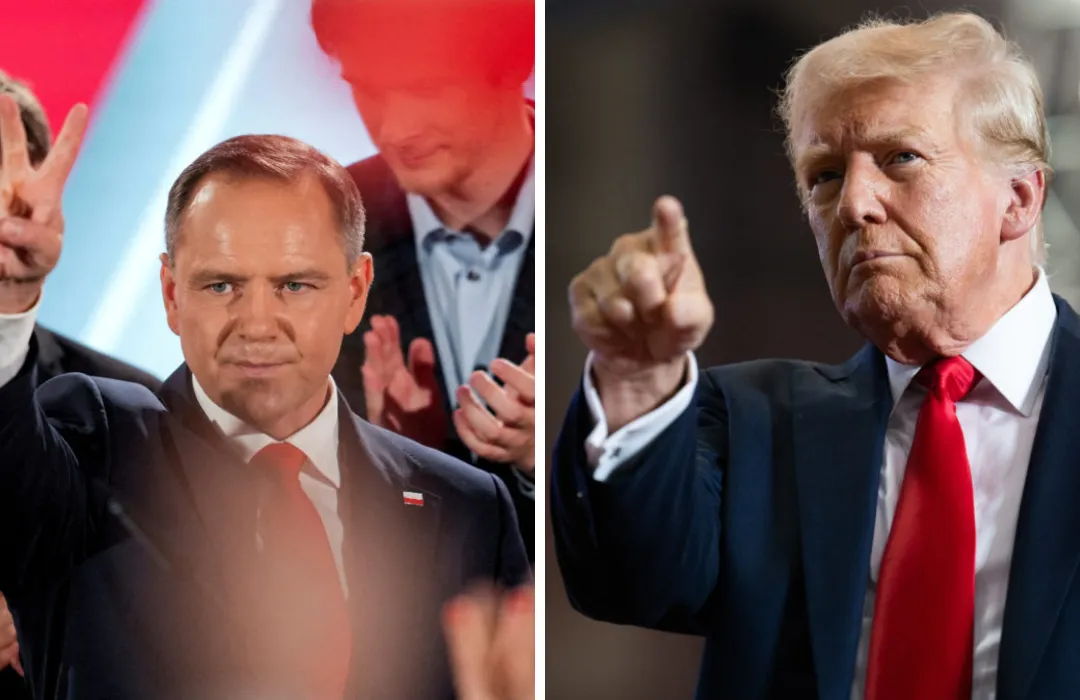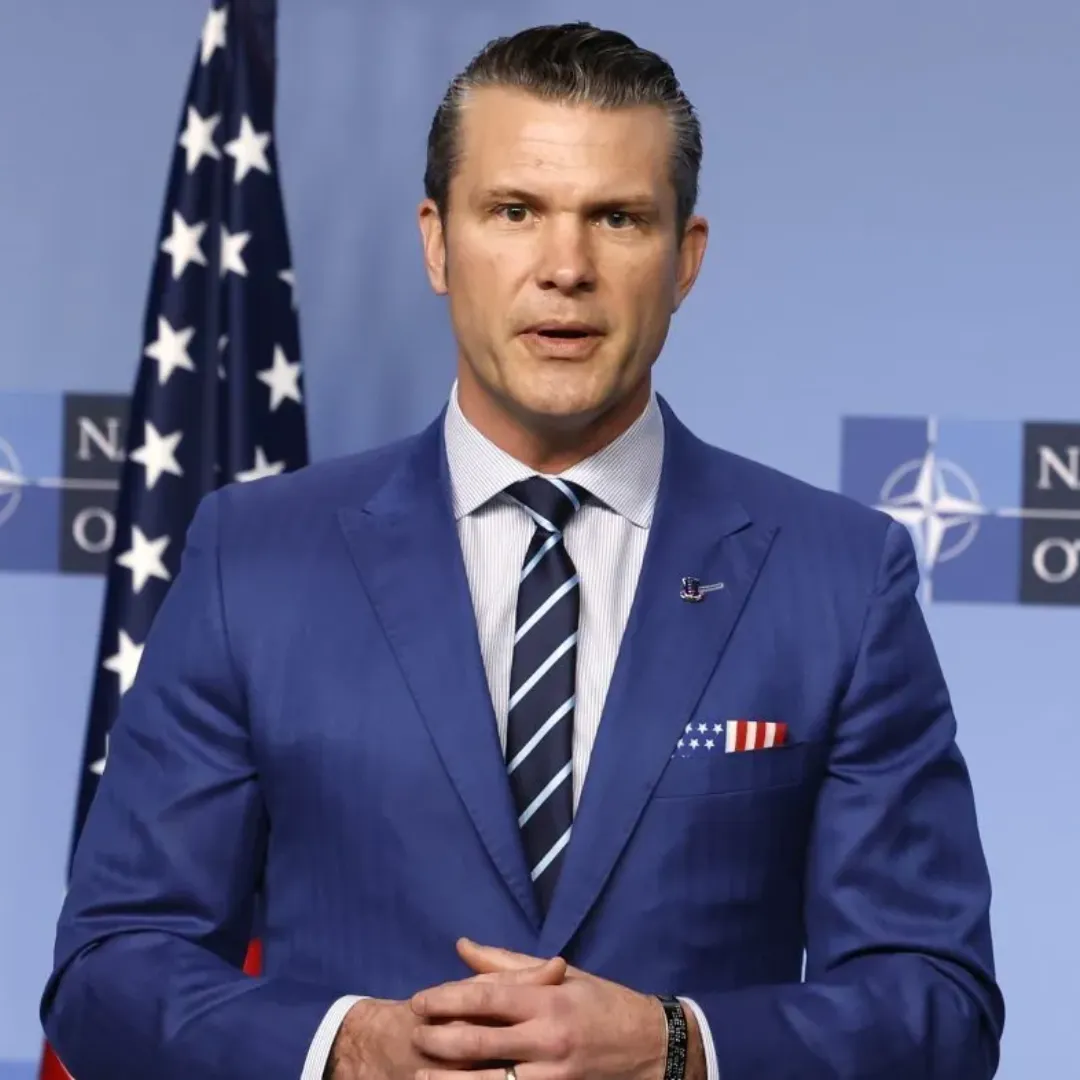
White House Press Secretary Karoline Leavitt sharply rebuked French politician Raphaël Glucksmann after he called for the return of the Statue of Liberty to France, stating that the French should be grateful to the U.S. for its role in ensuring they are not "speaking German right now." Glucksmann, a member of the European Parliament and a member of the French center-left Place Publique party, sparked controversy over his remarks at a convention on Sunday, calling the iconic statue a symbol of values that the U.S. no longer upholds.
Leavitt’s comments underscored the historic relationship between the two countries and defended the U.S.'s role in supporting France during World War II.
Raphaël Glucksmann’s call for the return of the Statue of Liberty stems from his belief that the United States no longer represents the values of freedom and liberty that the statue was meant to symbolize when it was gifted by France in 1884. During a speech at a Place Publique movement convention on Sunday, Glucksmann stated, “Give us back the Statue of Liberty.”
He further criticized the U.S. for aligning with "tyrants" and for allegedly firing researchers who were demanding scientific freedom.
Glucksmann’s rhetoric was aimed at the U.S. government’s support for leaders he considered authoritarian and its approach to freedom of speech and human rights. He expressed disappointment that the values embodied by the Statue of Liberty—values of freedom, democracy, and human rights—no longer seemed to be reflected in U.S. policy.
"We’re going to say to the Americans who have chosen to side with the tyrants, to the Americans who fired researchers for demanding scientific freedom: ‘Give us back the Statue of Liberty,’” Glucksmann said, according to reports from Agence France-Presse.
The Statue of Liberty has long been a symbol of the close relationship between the U.S. and France. It stands as a tribute to both nations’ shared ideals of freedom and liberty.
Glucksmann’s comments have ignited a wave of discussion about the state of U.S.-French relations, particularly under the leadership of President Donald Trump.
In her response to Glucksmann’s remarks, Leavitt rejected his call for the return of the Statue of Liberty, asserting that France should be more appreciative of the role the U.S. played in liberating the country during World War II.
Leavitt, speaking to reporters on Monday, said, “My advice to that unnamed low-level French politician would be to remind them that it’s only because of the United States of America that the French are not speaking German right now. So they should be very grateful to our great country.”
Her comments referred to the significant role the U.S. played in the liberation of France during World War II, particularly after the D-Day landings in 1944. Leavitt emphasized that the statue, a gift from France to commemorate the 108th anniversary of the U.S. Declaration of Independence, was a symbol of the two countries' enduring friendship and the values they shared.
The press secretary's remarks pointed out the importance of recognizing historical context and the U.S.'s contributions to France's freedom during a time of global conflict.
The Statue of Liberty, which stands 305 feet tall and weighs over 450,000 pounds, was designed by Frédéric Auguste Bartholdi and completed in 1884. It was shipped to the U.S. as a gift from France to celebrate the shared commitment to liberty and democracy.
The statue’s symbolic significance has made it a central part of American identity and an enduring symbol of hope for immigrants arriving in the U.S. from around the world.
The Statue of Liberty is just one representation of the long history of cooperation between the U.S. and France. The French provided critical support to the American colonies during the Revolutionary War, helping the U.S. gain independence from Great Britain.
However, as Glucksmann alluded to in his remarks, the relationship between the two nations has not always been smooth. The U.S. did not offer similar assistance to France during its own Revolution, which began in 1789.
Glucksmann’s call for the statue’s return is a reminder of the complex nature of international relations. While the U.S. and France share common values, political disagreements and differing approaches to leadership can create friction between the two countries.
Glucksmann’s criticism of U.S. policy, particularly regarding its stance on global authoritarianism and scientific freedom, reflects broader concerns about the state of democracy worldwide under President Trump’s leadership.
Leavitt made it clear that President Trump would “absolutely not” agree to return the Statue of Liberty to France. She strongly defended the U.S.’s role in protecting France and its citizens during World War II, reiterating that the statue was a symbol of the enduring friendship between the two nations.
Trump’s administration, despite ongoing tensions with other countries, has consistently advocated for national sovereignty and the protection of U.S. interests, and Leavitt’s comments reflected this broader policy stance.
Leavitt’s words also echo Trump’s approach to foreign relations, which often emphasizes national interests and a desire for stronger bilateral ties. Trump’s “America First” policies have been polarizing on the global stage, with many critics arguing that they undermine international cooperation, while others believe they are essential for protecting U.S. sovereignty.
Raphaël Glucksmann’s comments regarding the Statue of Liberty came at a time when tensions between the U.S. and several European nations were already high. Glucksmann, who is a vocal advocate for Ukraine and a member of the Progressive Alliance of Socialists and Democrats in the European Parliament, has been outspoken in his criticism of the U.S.'s stance on global human rights issues.
His comments on the Statue of Liberty reflect a broader frustration with the U.S.’s current approach to foreign policy and its alliances with what he views as authoritarian regimes.
In addition to his criticism of the U.S. government’s foreign policy, Glucksmann has also called for a stronger European response to issues like climate change, human rights, and political freedom. His comments on the Statue of Liberty are part of a broader push to challenge the influence of the U.S. on the global stage, particularly in regard to its support for countries that he considers to be undermining democratic values.
The exchange between Leavitt and Glucksmann comes at a time when the U.S. is grappling with its role in the world, particularly in relation to its international alliances. Trump’s administration has prioritized strengthening ties with certain nations while questioning longstanding relationships with traditional allies.
This shift in U.S. foreign policy has led to both praise and criticism, as countries like France, Germany, and others in the European Union struggle to understand the U.S. approach to global leadership.
As the U.S. continues to navigate its international relationships, the debate over the Statue of Liberty’s symbolism remains a reminder of the complex dynamics between countries. While Glucksmann’s call for the statue’s return may be symbolic, it highlights the larger issue of how the U.S. is perceived by its allies and adversaries alike.
The Statue of Liberty remains one of the most iconic symbols of American freedom and the shared values between the U.S. and France. However, the debate over its place and meaning, as seen through Glucksmann’s call for its return, reveals deeper divisions in global politics.
The U.S. and France, despite their historic friendship, are grappling with political differences that continue to shape their relationship on the world stage.
As global tensions rise and the future of international cooperation becomes increasingly uncertain, the symbolism of the Statue of Liberty may continue to serve as a focal point for discussions about democracy, freedom, and the role of the U.S. in the world.
